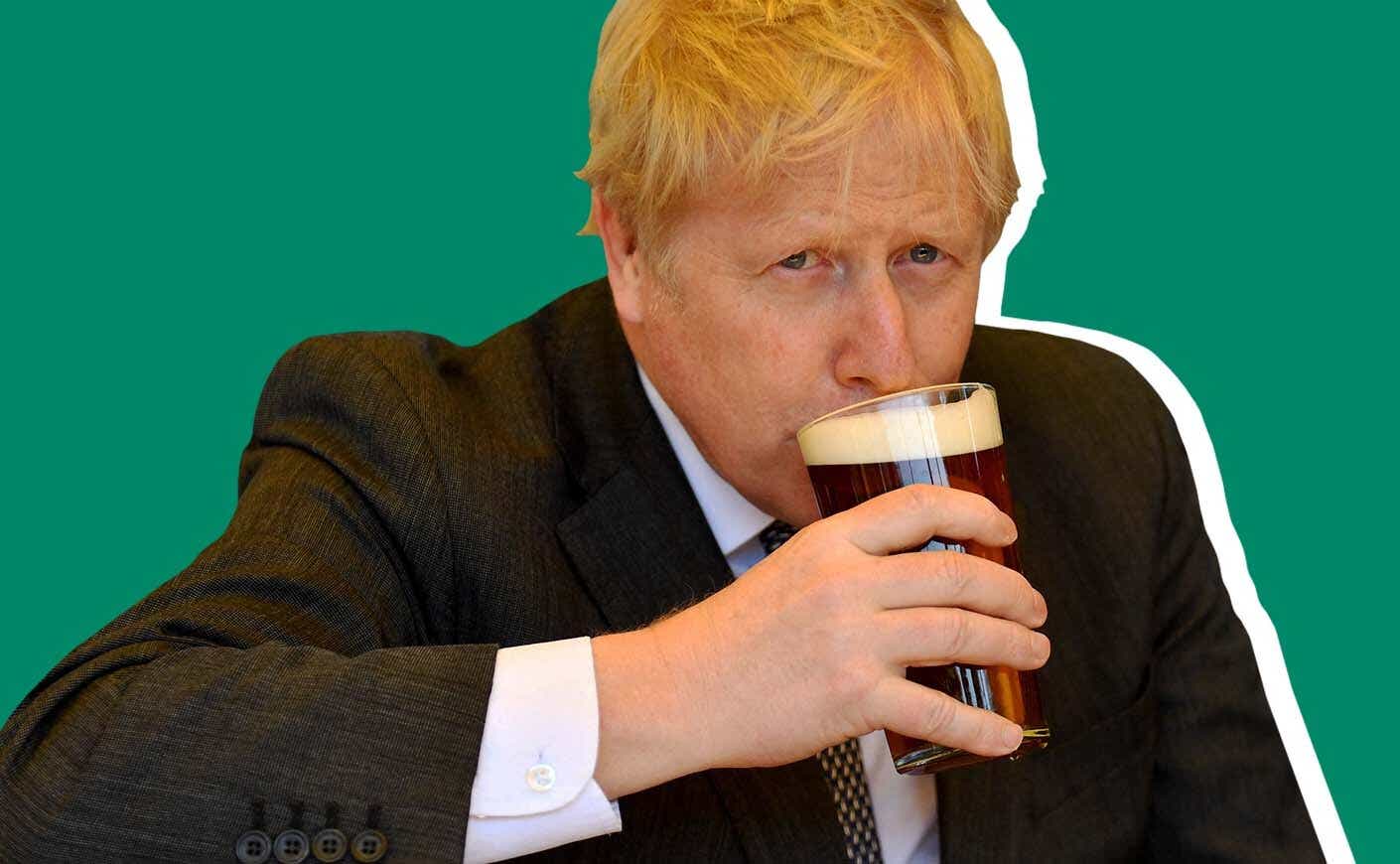U.K. Prime Minister Boris Johnson is engulfed in a scandal that has led to calls for his resignation. Here’s a look at the booze-fueled misconduct on Downing Street and what may be in store for Johnson.
What is “Partygate”?
In recent weeks, Johnson’s office has come under question for a string of raucous parties said to be held in government offices and even the Prime Minister’s official residence at the height of the pandemic. All appear to have been in flagrant violation of the strict Covid-19 lockdown measures set by Johnson’s own government. Following a report by civil servant Sue Gray, 12 of these parties — including three which were previously unreported — are currently being investigated by London’s Metropolitan Police.
Late last year, rumors began circulating in Westminster that multiple events were held at No. 10 Downing Street ahead of Christmas 2020. The accusations gathered pace after a video that appeared to show government officials joking about the events was broadcast by ITV News.
Johnson said that he could make “no excuses for the frivolity” of his staff, and insisted no party had taken place. Angela Stratton, the adviser who made the joke on camera, resigned in disgrace the next day. Just days later, a picture emerged of Johnson hosting a Christmas quiz, while per a source, staff knocked back booze.
How has the prime minister responded?
His office denied that a Christmas party took place and insisted all “coronavirus rules had been followed” — a claim forcefully rejected by legal observers. But earlier this month, the prime minister admitted to attending a garden party in May 2020 where about 100 people were invited to “bring their own booze.”
“I know that millions of people across this country have made extraordinary sacrifices over the last 18 months. I know the anguish that they have been through, unable to mourn their relatives, unable to live their lives as they want or to do the things they love,” Johnson said in a public apology. “I know the rage they feel with me, and with the government I lead, when they think that in Downing Street itself the rules were not being properly followed by the people who make the rules.”
Since then, details about other gatherings have surfaced. One party was held at Downing Street the night before Prince Philip’s burial. The party raged on until the early morning, according to local press. One staffer was dispatched to a liquor store to fill a suitcase with wine bottles for the event, another acted as a disc jockey, and by the end of the party, a swing set used by Johnson’s young son had been broken. The following day, Queen Elizabeth mourned her husband of 70 years alone in a Windsor chapel, in the name of social distancing. A spokesman for Downing Street said it was “deeply regrettable that this took place at a time of national mourning.”
The latest damning details:
Earlier this week, a report on the illicit parties compiled by senior civil servant Sue Gray described a culture of “excessive” workplace drinking and condemned Johnson and his cabinet for “failures of leadership and judgment.”
The investigation referred to 16 social gatherings in government offices, at least three of which Johnson is known to have attended. But the report revealed very few details about the gatherings themselves, due to a pending investigation opened by the British police.
What’s next for Johnson?
In the wake of “Partygate,” Johnson’s approval rating has plummeted. One poll found that 70 percent of Britons are now dissatisfied with his performance.
The opposition Labour Party leader Keir Starmer has already called for Johnson’s resignation, and now some within the prime minister’s own party have joined in. A vote of no confidence could be triggered if 54 members of Johnson’s party requests one. However, it’s not yet clear if Johnson will come up against such a test.









